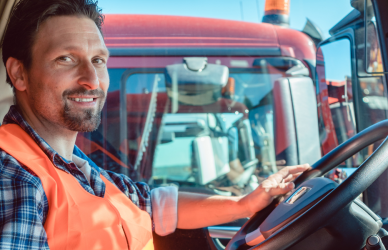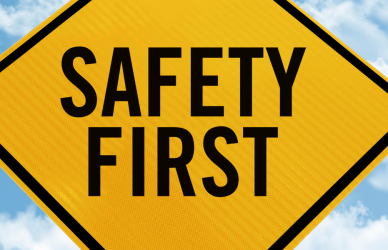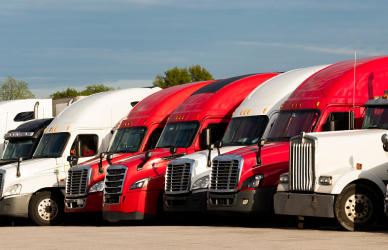When disaster strikes, swift and effective response is vital to save lives and provide aid to those affected. In such critical moments, the trucking industry emerges as an unsung hero, playing a crucial role in disaster relief efforts. From delivering emergency supplies to facilitating the movement of personnel and equipment, truckers ensure the timely and efficient response that can make all the difference.
How Trucking Helps Disaster Relief
Rapid Deployment of Aid
Trucking enables the rapid deployment of aid and supplies to disaster-stricken areas. Whether it’s food, water, medical supplies, or temporary shelters, trucks serve as lifelines by transporting these essentials to the affected regions. Through efficient logistics and well-established supply chains, truckers ensure that vital resources reach those in need, often traversing challenging terrains and adverse conditions to deliver assistance promptly.
Infrastructure Recovery
In the aftermath of a disaster, infrastructure damage can hinder rescue and recovery operations. The trucking industry plays a crucial role in rebuilding efforts by transporting construction materials, heavy machinery, and equipment necessary for infrastructure restoration. Truckers enable the efficient movement of these resources, allowing communities to recover and rebuild their lives more quickly.
Logistics and Distribution
Disaster relief requires meticulous coordination and organization to ensure that aid reaches the right places at the right time. Trucking companies excel in managing logistics and distribution, optimizing routes and schedules to deliver supplies efficiently. Their expertise ensures that resources are distributed evenly and strategically, prioritizing areas most in need. By contributing their logistical prowess, truckers contribute to the overall resilience of affected regions.
How Truckers Can Get Involved
Volunteer Opportunities for Truckers
Truckers can actively participate in disaster relief efforts by volunteering their services. Their unique skill set, including driving expertise and familiarity with the logistics of transportation, makes them invaluable assets during emergencies. By working with local and national organizations, truckers can offer their time, vehicles, and expertise to support relief operations.
Relevant Organizations for Volunteering
Several organizations provide opportunities for truckers to volunteer in disaster relief efforts. Here are a few notable examples:
- Team Rubicon
This nonprofit organization recruits and trains volunteers, including truckers, to provide disaster response and humanitarian aid. They offer various roles, including logistics support, transportation, and supply chain management.
- The American Red Cross
A renowned humanitarian organization, the Red Cross offers volunteer opportunities for truckers to assist in disaster response. Their efforts encompass delivering supplies, setting up temporary shelters, and supporting emergency services.
- Convoy of Hope
This faith-based organization focuses on providing disaster relief, including trucking services, across the United States and internationally. They actively recruit truckers to join their efforts in delivering food, water, and other essential supplies.
By collaborating with organizations dedicated to disaster response, truckers become essential allies in ensuring the well-being and recovery of affected communities. Through their dedication, the trucking industry demonstrates its invaluable importance in times of crisis, serving as a lifeline for disaster-stricken regions.











